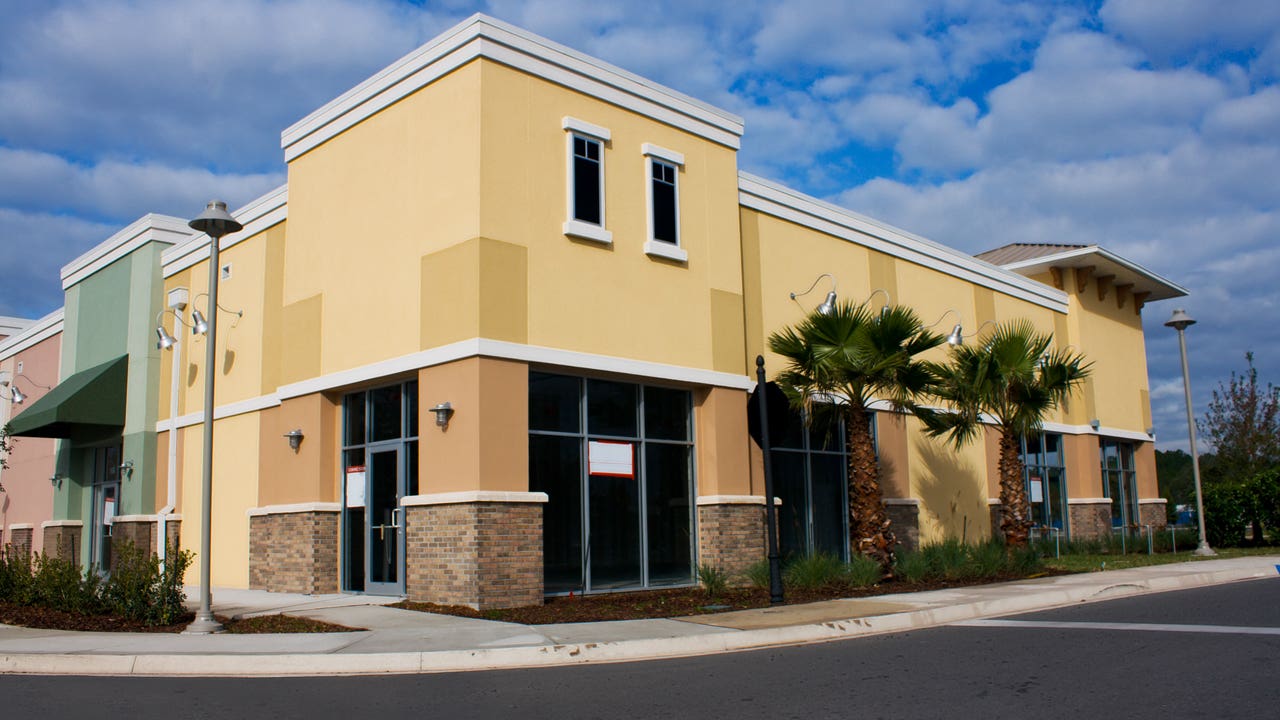Understanding the Market Dynamics of Real Estate Lockhart
Understanding the Market Dynamics of Real Estate Lockhart
Blog Article
The Future of Property: Fads and Opportunities to Watch
As the property landscape advances, it becomes significantly vital to comprehend the arising patterns and possibilities that will certainly define the sector in the coming years. Technical improvements are improving transactional procedures, while a growing concentrate on sustainability mirrors altering customer concerns. Additionally, demographic shifts and the increase of remote work are influencing housing preferences, particularly in suburbs. With these characteristics at play, a better exam of the adjustments and methods needed for success exposes intriguing possibilities that could reshape investment strategies and market habits.
Technological Advancements in Property
In current years, the real estate market has actually embraced a wave of technological developments that are changing conventional practices. One of the most notable technologies is the increase of large data analytics, which allows real estate experts to analyze market patterns, anticipate home values, and recognize investment chances with unprecedented accuracy.
In addition, virtual reality (VIRTUAL REALITY) and augmented truth (AR) modern technologies are transforming residential property advertising by providing immersive experiences for potential buyers and tenants. These tools allow clients to perform digital excursions of properties, thereby improving the search procedure and enhancing consumer involvement. Blockchain technology is obtaining grip as a means to protect deals and maintain clear records, thereby lessening scams and speeding up the closing procedure.
Smart home innovations are also ending up being progressively widespread, enabling homeowners to keep track of and manage their residential properties remotely (Real Estate Lockhart). Collectively, these technological innovations are reshaping the landscape of actual estate, fostering a much more efficient, transparent, and customer-centric sector
Demand for Lasting Residences
As consumers significantly focus on environmental obligation, the need for sustainable homes has actually surged in the genuine estate market. This change shows a wider societal fad toward sustainability, with capitalists and buyers looking for homes that lessen eco-friendly impact while making best use of power efficiency. Features such as solar panels, energy-efficient appliances, and sustainable building materials are currently checked out as crucial instead of optional.

Furthermore, the surge of eco-friendly communities, which focus on walkability and access to public transport, better stresses this fad. These developments attract eco mindful customers and promote a healthier way of life.
As the need for sustainable residential properties remains to increase, industry stakeholders need to adjust to these expectations. By accepting innovative methods and prioritizing sustainability, the genuine estate field can not only satisfy customer demand yet also add to an extra lasting future.
Changing Buyer Demographics

Additionally, the aging population is improving need for Continue housing. Infant boomers are looking for downsized houses that provide access and low upkeep, commonly favoring metropolitan setups with nearby services. This change necessitates a focus on multi-generational housing remedies that fit varying demands.
Furthermore, cultural variety is playing an essential duty in real estate patterns. As these group changes continue to develop, genuine estate specialists must adjust their techniques to address the demands of these different buyers (Real Estate Lockhart).
Rise of Remote Job Influence
Progressively, the surge of remote job is changing the real estate landscape, motivating significant shifts in customer preferences and location options. As staff members delight in the versatility of working from home, several are reevaluating their property requirements, bring about a rise sought after for buildings in country and country locations. This fad is mainly driven by the desire for even more roomy living atmospheres that can suit office and a far better quality of life.
In addition, metropolitan centers, when the focal factor for purchasers, are observing a steady decrease sought after as people focus on cost and accessibility to nature. Real estate developers and investors are changing their focus toward properties that offer home workplace areas, outdoor facilities, and proximity to crucial services.
Genuine estate professionals should adjust to the changing preferences of buyers, stressing the significance of way of life factors in visite site their advertising strategies. The effects of remote work on actual estate are extensive, forming future fads and possibilities.
Investment Opportunities in Emerging Markets
Investment opportunities in emerging markets are constantly drawing in focus from investor seeking diversification and development capacity. These markets, identified by fast economic advancement, raising urbanization, and a growing center course, existing special leads for savvy financiers. Countries in Southeast Asia, Africa, and Latin America are seeing considerable framework enhancements and positive government plans, which better boost their allure.
Realty markets such as property, industrial, and logistics are experiencing increased need due to city movement and advancing consumer choices. Notably, cities like Ho Chi Minh City, Nairobi, and Medellín are becoming hotspots for financial investment due to their expanding economic climates and youthful demographics.
Investors must carry out complete market evaluations to recognize essential patterns, such as shifts in populace dynamics and economic stability, which can affect home values. Additionally, partnerships with local actual estate firms can help with successful access and navigation in these markets.
However, it's crucial to be mindful of possible dangers, including political instability and governing challenges. By considering these factors and adopting a lasting perspective, capitalists can properly capitalize on the rewarding opportunities arising in these developing areas.

Final Thought
In conclusion, the future of property will certainly be substantially influenced by technological advancements, an expanding focus on sustainability, and evolving customer demographics. The surge of remote work is improving housing preferences, specifically in country locations. Emerging markets existing substantial financial investment possibilities for stakeholders prepared to adapt to these adjustments. Navigating this transforming landscape will certainly require critical collaborations and a keen understanding of market dynamics to maximize the fads shaping the market.
As the genuine estate landscape advances, it becomes significantly crucial to understand the emerging fads and possibilities that will specify the industry in the coming years. One of the most notable advancements is the increase of large information analytics, which allows actual estate specialists browse around here to analyze market patterns, predict property values, and recognize investment chances with extraordinary precision.As consumers progressively focus on ecological responsibility, the need for sustainable residential or commercial properties has surged in the actual estate market. The effects of remote job on genuine estate are profound, forming future trends and opportunities.
Investment opportunities in arising markets are constantly drawing in attention from actual estate capitalists seeking diversification and growth capacity.
Report this page